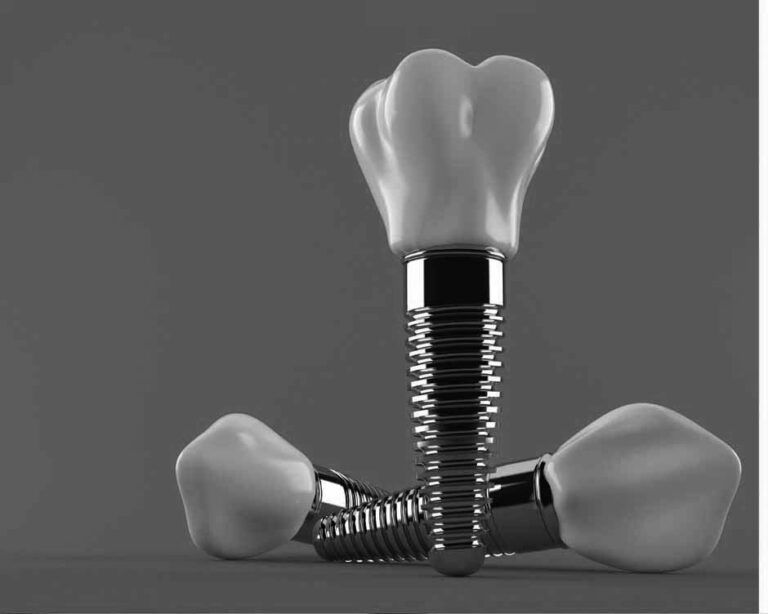Many older adults may think they’re too old for dental implants, but this is a common misconception. Dental professionals evaluate many factors beyond age to determine if implants are right for you, offering a treatment that can significantly improve your quality of life. Understanding the facts can help you make an informed decision about your oral health.
Understanding Dental Implants
Modern dental implants are titanium posts surgically placed into the jawbone to replace missing tooth roots. These implants serve as anchors for crowns, bridges, or dentures, providing a stable foundation for replacement teeth. Age alone does not determine the success of an implant. What matters more is your overall health status and bone density. Several factors influence implant candidacy in older adults:
- Overall health and medical history
- Bone density and quality in the jaw
- Gum health and oral hygiene habits
- Ability to heal after surgery
- Commitment to post-treatment care
Your dental professional will evaluate these factors through comprehensive examinations and imaging studies to determine if implants are appropriate for your situation. They will also discuss your medical history and oral health habits to support the best outcome. This thorough process helps create a personalized treatment plan tailored to your needs.
Recognizing Health Benefits
Dental implants provide more than just cosmetic benefits—they can significantly improve daily life and overall well-being for older adults. By restoring full chewing function, implants enable you to enjoy a varied diet rich in nutrients, such as fruits, vegetables, and proteins, which helps prevent nutritional deficiencies. This improvement in nutrition and digestion is key to maintaining health as you age.
Beyond physical health, implants also enhance speech and preserve facial structure. They provide stable support for replacement teeth, enabling clear communication and reducing the risk of social isolation caused by tooth loss. Dental implants stimulate the jawbone, preventing bone deterioration and helping to maintain a youthful facial appearance.
Addressing Common Concerns
Older adults often express specific concerns about dental implant treatment. Understanding these concerns and the facts behind them can help you explore this option. With the right information, you can make an informed decision about your dental health.
Healing Time and Recovery
While healing may take slightly longer in older adults, age-related slower healing doesn’t prevent successful implant integration. Most healthy older adults heal well with proper care and follow-up. Your dental team will provide specific guidelines to support optimal healing.
Medical Conditions and Medications
Many medical conditions common in older adults, such as diabetes or heart disease, don’t automatically exclude you from implant treatment. These conditions require careful management and coordination between your dental team and physicians.
Certain medications, particularly those affecting bone metabolism, may influence treatment planning. Your dental professional will review your medications and work with your healthcare providers to determine the best approach.
Cost and Investment Considerations
While dental implants require an initial investment, they often prove to be more cost-effective in the long term compared to repeatedly replacing conventional dentures. Many older adults find that the improved quality of life and reduced ongoing maintenance costs justify the initial expense.
Prioritize Your Oral Health
If you’re thinking about dental implants, start with a consultation to review your medical history, undergo a clinical exam, and get imaging like X-rays or CT scans. Use this time to ask about the process, timeline, and any concerns, as many older adults are great candidates with proper care. Dental implants can restore your smile and enhance your quality of life for years.









